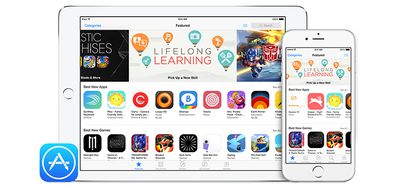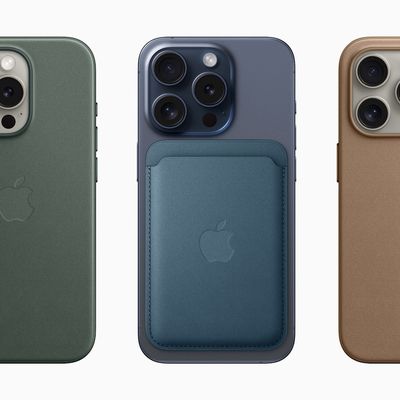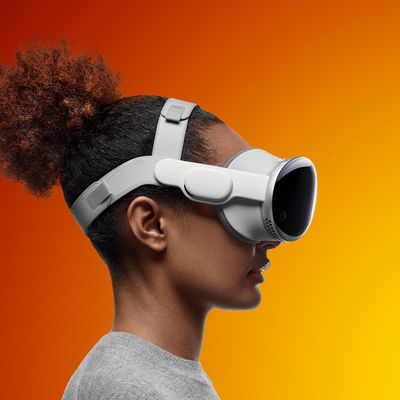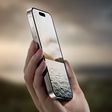SourceDNA, an analytics service that tracks iOS and Android code, has discovered hundreds of iOS apps that collect personally identifiable user information, including Apple ID email addresses and device identifiers, through a Chinese third-party advertising SDK called Youmi that is prohibited by App Store guidelines.

The analytics firm, using its new developer tool Searchlight, found 256 affected apps, with an estimated 1 million total downloads, using one of the versions of Youmi in violation of user privacy. Its report claims most of the developers who used the SDK are located in China, and that many were likely unaware of the threat since the tool kit is delivered in binary form and obfuscated.
Ars Technica explained in more detail about the information gathered "gradually over the past year or so" by apps using Youmi:
SourceDNA researchers found four major classes of information gathered by apps that use the Youmi ad SDK. They include:
1. A list of all apps installed on the phone
2. The platform serial number of iPhones or iPads themselves when they run older versions of iOS
3. A list of hardware components on devices running newer versions of iOS and the serial numbers of these components, and
4. The e-mail address associated with the user’s Apple ID
The personal info is reportedly gathered via private APIs and then routed through Youmi's servers in China.
Apple released a statement saying it will remove apps with Youmi from the App Store, and reject future submissions using the SDK:
“We’ve identified a group of apps that are using a third-party advertising SDK, developed by Youmi, a mobile advertising provider, that uses private APIs to gather private information, such as user email addresses and device identifiers, and route data to its company server. This is a violation of our security and privacy guidelines. The apps using Youmi’s SDK have been removed from the App Store and any new apps submitted to the App Store using this SDK will be rejected. We are working closely with developers to help them get updated versions of their apps that are safe for customers and in compliance with our guidelines back in the App Store quickly.”
SourceDNA sent a full list of affected apps to Apple, including the official McDonald's app in China, but did not share it publicly. Developers can check if their apps are affected using the analytics firm's Searchlight tool.
This discovery comes weeks after iOS malware XcodeGhost was disclosed, which arose from a malicious version of Xcode, Apple's official tool for developing iOS and OS X apps. Apple also patched YiSpecter malware in iOS 8.4.





















Top Rated Comments
"Something is rotten in the state of Denmark" seems an understatement.
I trust any corporation about as far as I can throw them, but it seems those residing in China give even less of a pause before assuming that anything they can grab is fair game.
When will apps start displaying "Designed and developed in the USA" badges?
Presumably FaceBook and Google will be next on the list.